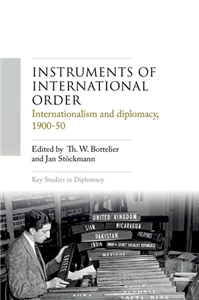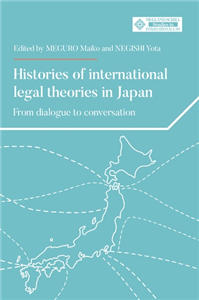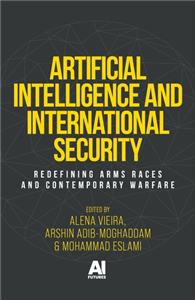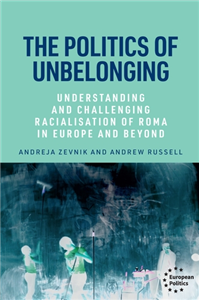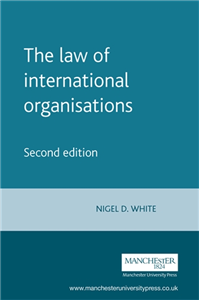International Committee for Conflict Mangagement (ICCM) - Arno Editions
ICCM is a charitable organization created in Brussels in 1994 by a group of human rights experts, university professors, civil society actors and representatives of women's and youth organizations concerned with sharing the experience acquired through their research, teaching, projects and humanitarian interventions in countries affected by conflicts in several regions of the world.The purpose of the organization is to promote the protection and promotion of human rights, peaceful resolution, prevention and transformation of conflicts.Thus, through training, research, publication and book distribution, ICCM, through its publishing house (Arno) contributes to the peaceful resolution, management and prevention of armed conflicts to mitigate their consequences on the civilian population.
View Rights Portal



